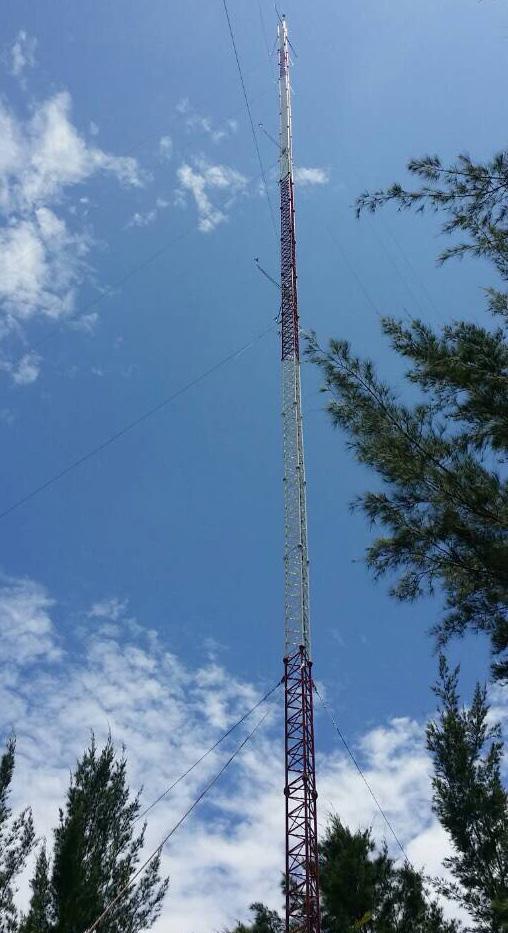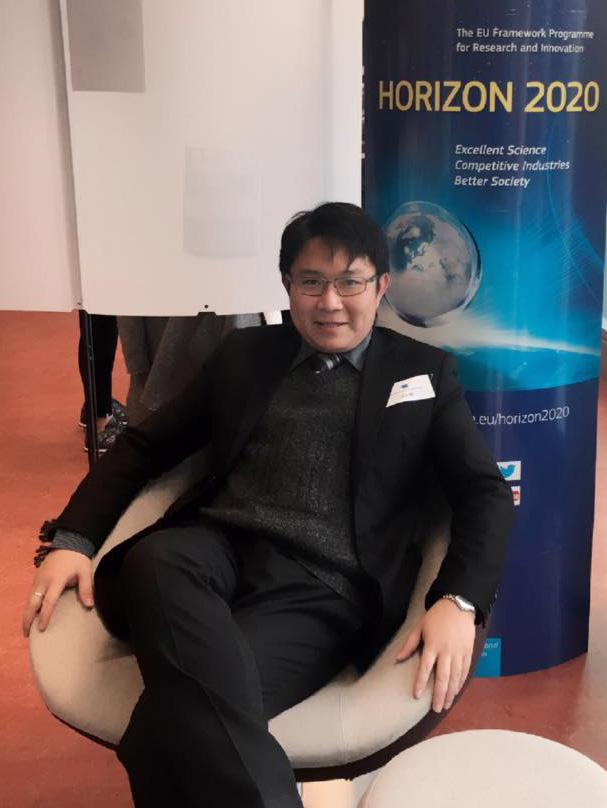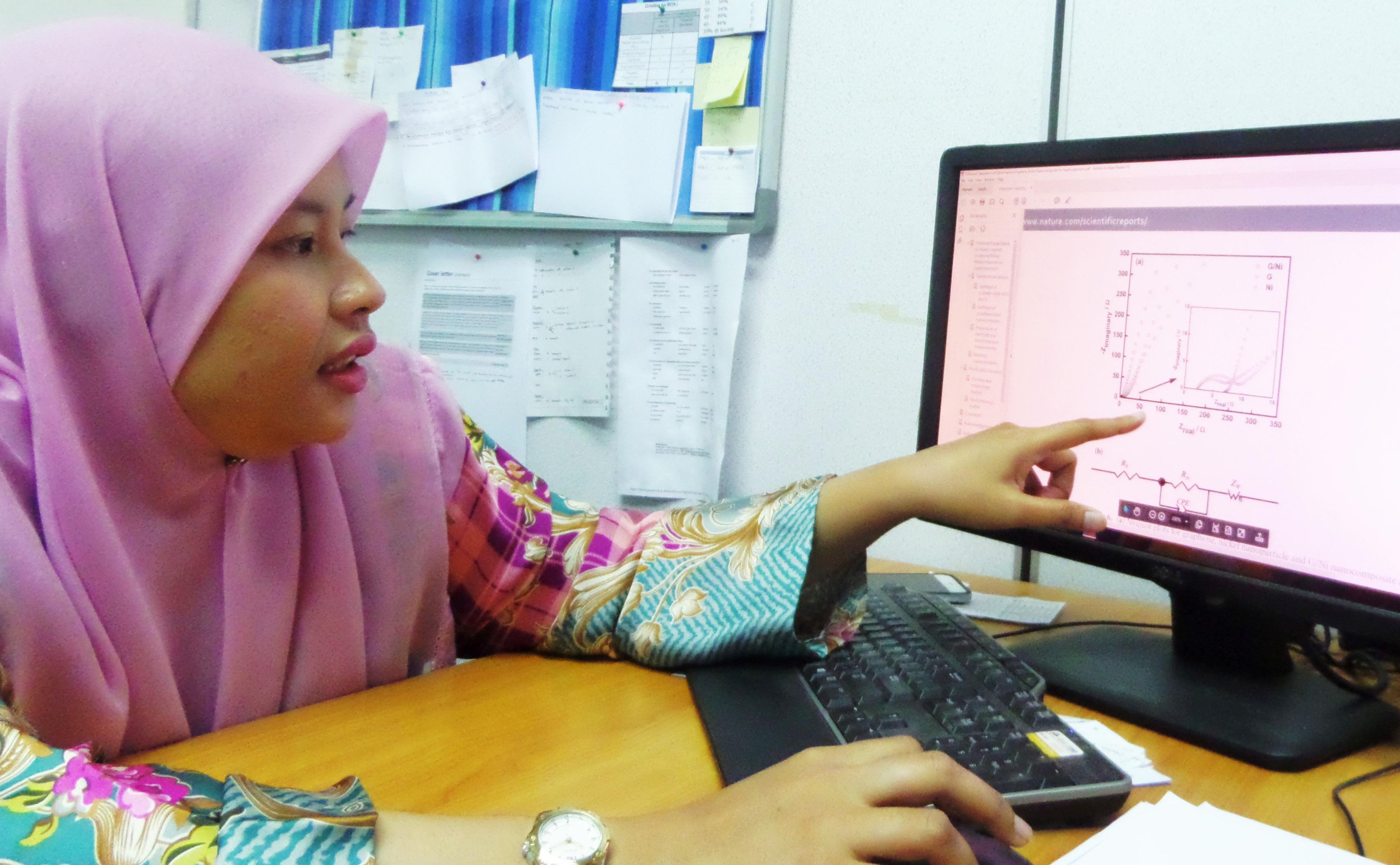
4 minute read
ACADEMIC COLLABORATIONS A Fruitful Collaboration Among ASEAN Neighbours
A Fruitful Collaboration Among ASEAN Neighbours
The Association of Southeast Asian Nations (ASEAN) has long had collaborations in areas of education, politics, economy and security among its member countries. In the field of higher education, the ASEAN International Mobility Students (AIMS) programme was set up under the Southeast Asian Ministers of Education Organisation (SEAMEO) to achieve the aspirations of the ASEAN community.
Advertisement

Universiti Malaysia Terengganu (UMT) has taken the opportunity provided by AIMS to send some students to Vietnam so that they can have the experience of studying overseas and at the same time contributing towards the development of institutions of higher learning in Southeast Asia.
The School of Maritime Business and Management (PPPM) has taken part in the AIMS programme by sending two of their Maritime Management students to the Thai Nguyen University (TNU), Vietnam and at the same time PPPM received two students from TNU to study in UMT.
PPPM’s Maritime Management Programme chairman Assoc. Prof. Dr. Mohamad Rosni Othman said the programme has four objectives, namely;
i.
ii.
iii.
iv. To give exposure and experience to participating students Motivate and train students as mini ambassadors for UMT and Malaysia To enable students to learn not just academically from the partner university but to also immerse themselves in the local culture To widen the opportunity for further collaborations like the signing of memoranda of understanding (MoU) and memoranda of agreement (MoA) between UMT and AIMS partner universities.
Explaining further, Assoc. Prof. Dr. Mohamad Rosni said the student mobility programme through the student exchange programme with TNU is part of the globalisation effort for PPPPM’s Maritime Management students, in line with the National Higher Education Strategic Plan (PSPTN). “This will also give UMT a value-added edge in the Higher Education Ministry’s performance evaluation under the Research University criterion,” he said.
“Participating students will be exposed to a different learning environment from what they have experienced in UMT. This will indirectly enhance their selfconfidence and maturity as well as enriching the knowledge and technology transfer process between UMT and TNU,” he said, adding that those selected are second year Maritime Management Bachelor’s Degree students.
Assoc. Prof. Dr. Mohamad Rosni said the two Maritime Management students were selected based not only on their academic performance (minimum CGPA 3.5) but also their co-curricular activities.
“Out of 120 students, we chose two with the best combination of academic and co-curricular performance with the hope that the international exposure will help them excel further in their studies and also prove to be character-building,” he said.
He said five elective subjects in TNU’s International Bachelor’s Course on Environmental Science and Management with 13 credit hours were added into the list of elective courses offered for the UMT’s Maritime Management Bachelor’s Degree programme.
“The subjects that our AIMS participants will take in TNU will be listed as international elective subjects in UMT, while five elective courses that will be taken by the TNU students in UMT have also been agreed upon,” he said.
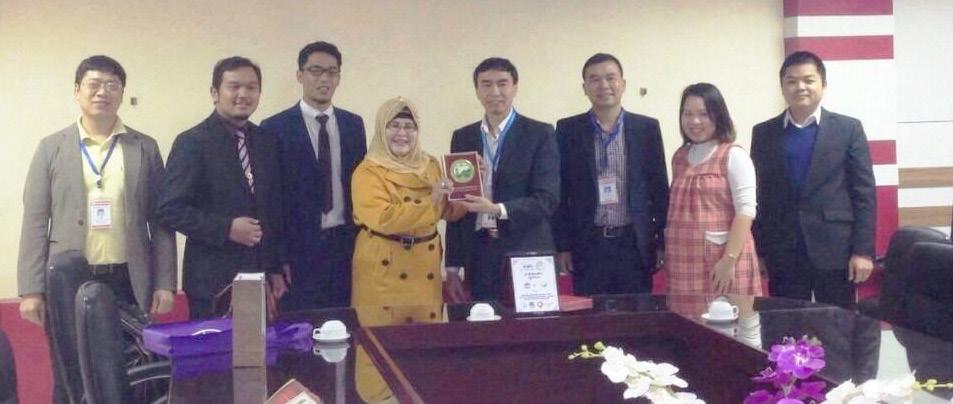
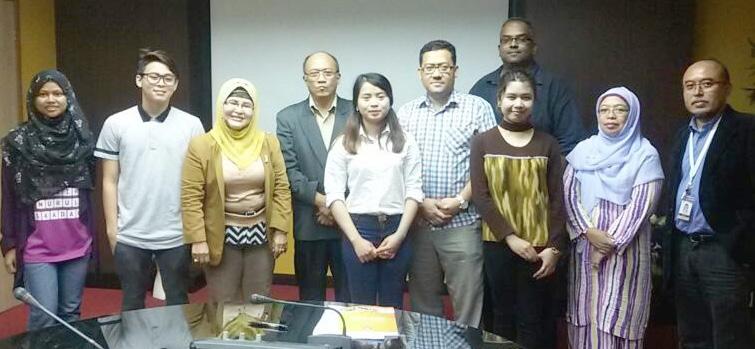
The arrangement was agreed upon by both universities last year and the two UMT students have since taken up the elective courses at TNU since March 1 this year. They will stay at TNU until June 30, 2017. Assoc. Prof. Dr. Mohamad Rosni said the feedback received from the students in the AIMS programme with TNU has been very positive.
“Our students were invited to events organised by the Malaysian embassy in Vietnam and they are very happy with the exposure and experience that they have gained there. They have also learned a lot about the local culture in Vietnam,” he said.
“Likewise, the two TNU exchange students in UMT have also voiced their satisfaction with the arrangement that we made to facilitate their studies here,” he said.
“We selected and assigned local students as their buddies to help them with their daily activities and to explain the local culture, so they could adapt more quickly to campus life in UMT. The TNU students’ interactions with the local students and faculty members provided an additional benefit; it gave the Maritime Management programme an international feel and atmosphere,” he said.
As the exchange students could pave the way for more cooperation and collaborations in the future, not just between the two universities but also between Malaysia and Vietnam, their study in UMT is not limited to the classroom.
Assoc. Prof. Dr. Mohamad Rosni said they were also taken to visit UMT’s research centre on Bidong Island, relevant government agencies and even the Terengganu state museum.
“They are so happy with what they have seen, experienced and studied here that they have expressed their intentions to come back here for a visit after they have finished their studies,” he said.
“ We are delighted that our inaugural AIMS programme with TNU has gone very smoothly. We have also learned a lot as organiser and host for the programme. The experience we have gained will help us expand and improve the programme in the future,” he said
Judging from the feedback of the participants, both from UMT and TNU, it is clear that most of the objectives that PPPM outlined in the beginning of the student mobility programme has been achieved.
As PPPM gets ready for the next stage of the AIMS programme, the final objective of enhancing UMT’s international collaboration with foreign universities will likely be achieved soon.


